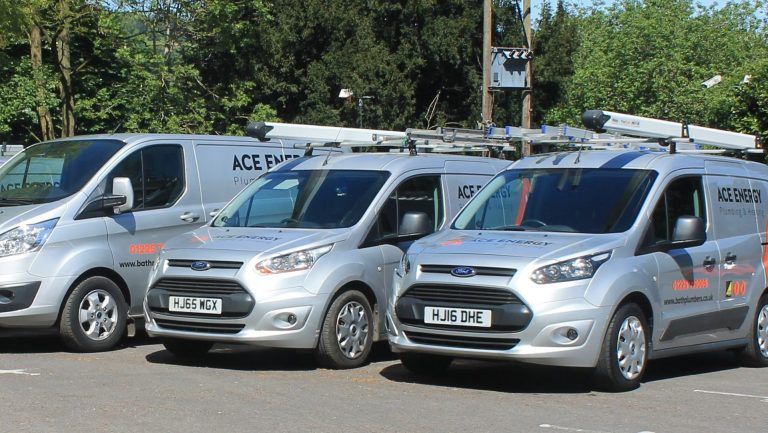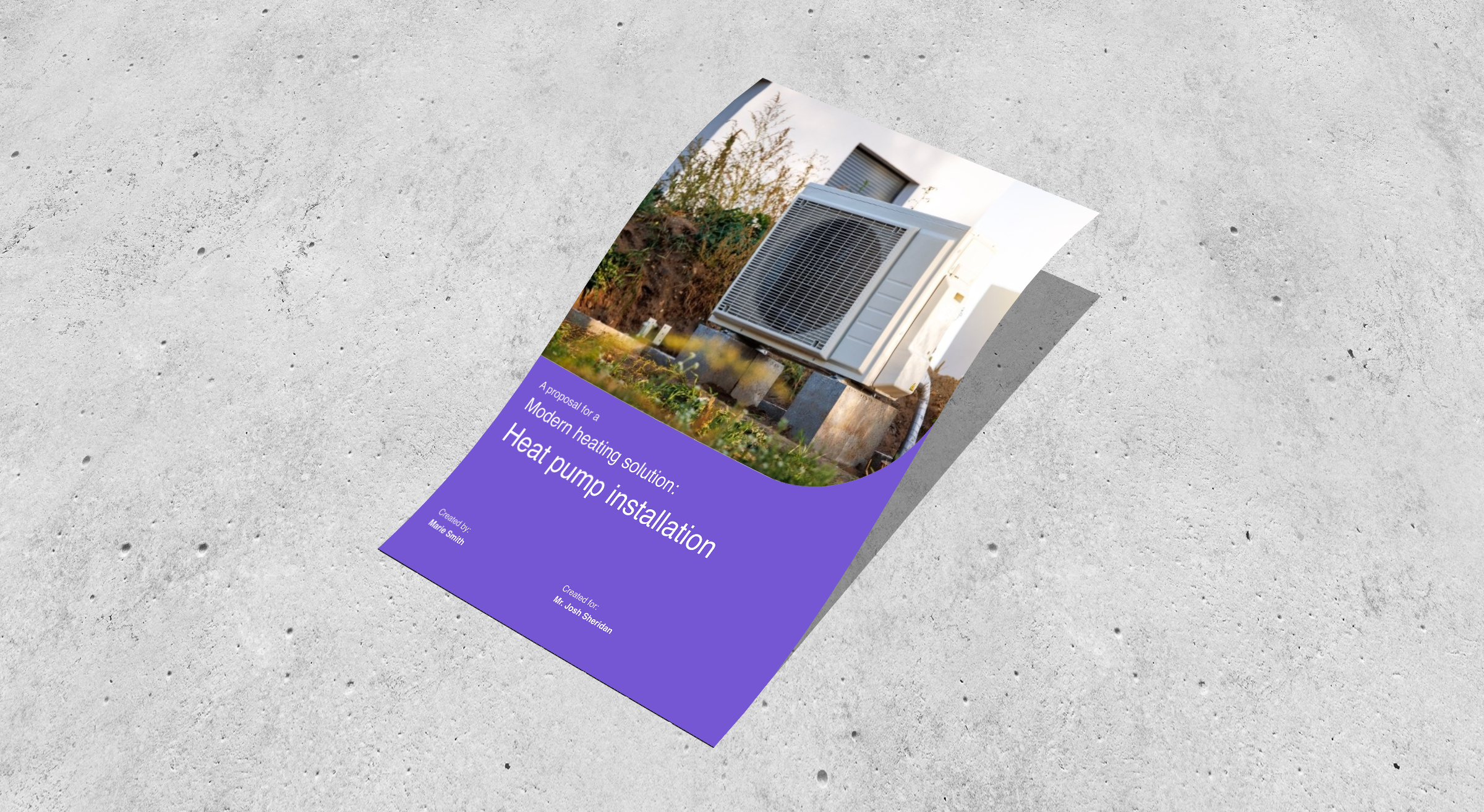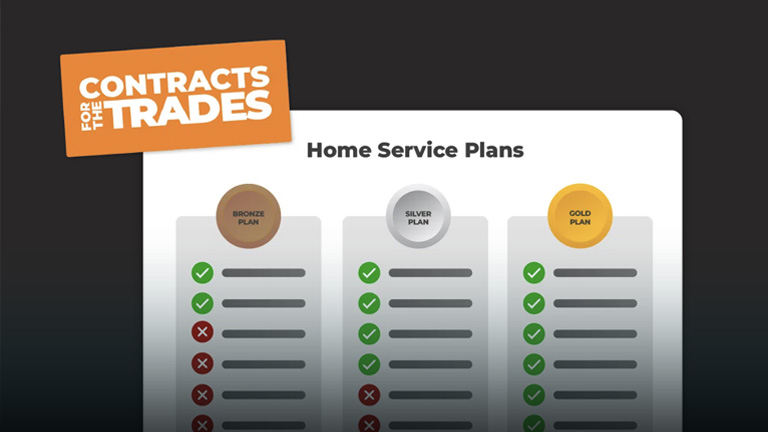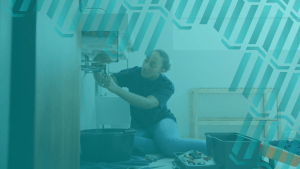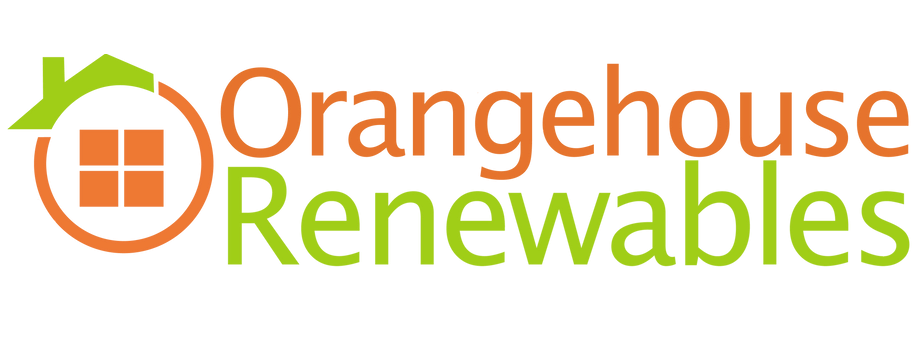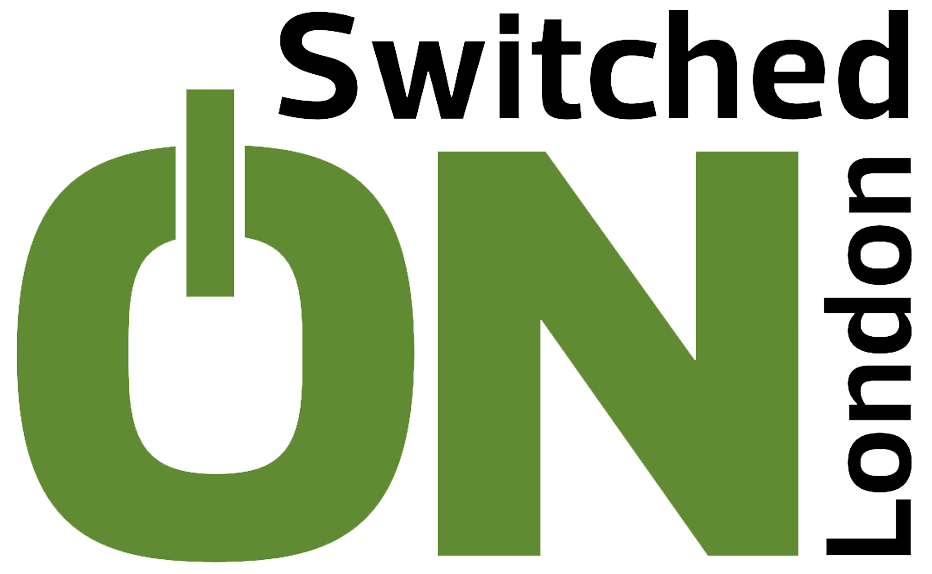Women in Field Services: The UK’s First Register of Tradeswomen
March 8, 2021 | Read: 11 minutes

For Hattie Hasan (MBE), CEO of Stopcocks Women Plumbers, there have been many positive changes to talk about when it comes to women in skilled trades, especially when comparing today to her own experience of starting out, 30+ years ago…
“But,” she admits, “they’re nowhere near evolved enough, [we] could always do with more evolution!”

So, ahead of International Women’s Day, we spoke with Hattie Hasan and learnt even more about the trailblazing work she’s still pursuing for female plumbers, gas engineers, and all sorts of other professionals in the industry.
With more support than ever, it’s incredibly inspiring and even encouraging to see the changes being made, as well as to hear more about the opportunities for women who either already are field service engineers, or who may be looking to become tradeswomen themselves.
As recently as March 1st, some of her long-laid plans came to fruition, most notably the first ever Register of Tradeswomen in the UK (supported by Commusoft) that Hattie and her team have worked so incredibly hard to put together.
From here, the only place to go is up!
Of course, it’s important to acknowledge that challenges continue to exist for women in field services, and Hattie says as much herself:
“We can’t deny it. But we don’t dwell on it.”
Fortunately, the emphasis is on positive progress and making change, which is precisely what she and many others are inspiring everyone to do, all across the UK.
So, in this week’s article, join us as we take a look at some of what’s changing for women in trades and field services. Alongside Hattie’s insights (which you can hear even more of in our special episode of Success in the Field, linked at the end) we’ll highlight the challenges, but also the solutions available to field service businesses when it comes to working with women in field services.
Note: At the end of the article, if you are a tradeswoman (or know of women working/looking to work in the field service industry), it would be amazing to take a look at the Register of Tradeswomen!
While you won’t want to miss the article below, you can also jump to the register, as well as to the latest episode of Success in the Field, featuring Hattie herself, by clicking here. Alternatively, use the menu above to navigate to the sections that matter most to you.
1. What challenges are there for women in field services?
Let’s begin with a startling statistic to keep in mind:
“Only 1% of people working in skilled trades are women.” – Register of Tradeswomen
And yet, while that number is obviously low, there’s a great deal of positivity to be found, not only in the founding of the new register and the encouragement to train and introduce more women to skilled trades, but combined with other initiatives, that number can only go up!
By and large, positivity is what we’re looking to focus on here, but it would be negligent not to acknowledge the challenges faced by women in skilled trades, not only because their numbers in the industry are low. After all, in conversation with Hattie, she discusses issues facing women in trades, including sexism, derision, or outright refusal to provide them with opportunities.
Some challenges are also presented by unconscious bias, where well-meaning individuals act in a biased manner, based on stereotypes; for example, assuming that because a person is elderly, they’re unable to engage in physical activity.
Other issues may come about from immature, or sexist attitudes towards women in trades. On the more severe end of the spectrum, there’s also sexual and physical harassment; discussing any of these points is not something to shy away from.
Rather, as Hattie points out, it’s by acknowledging them that we can work to affect real change:
“We can’t hide it, we have to know it’s there, and have to find a way of dealing with it.”
How we do this has to be meaningful, too.
After all, she comments how it can be all too easy for some businesses to think of hiring women in skilled trades as about meeting some sort of quota, or ticking a box: just once. But it’s not as easy as giving yourself a pat on the back and moving on.
The real challenge comes with adopting a new attitude and continuing to take action that challenges the status quo.
You’ll hear in the video below as both Jason Morjaria, Commusoft’s CEO, and Hattie Hasan discuss why this can be such a specific problem in field services, but it’s apparent that despite a lot of progressive changes from some fantastic businesses, there is still a strong understanding from Hattie’s own experience and the conversations she’s had with many, many women, that:
“Even though there are new generations coming through all the time […] we’re still finding old attitudes existing, and sometimes they [the challenges] are well hidden.”
While there’s a lot to unpack in that statement (more than we have space for!) Jason, acknowledges that after 15+ years of working alongside field service businesses, a part of the issue is because field services, as a whole, can be:
“A slow industry to change, a slow industry to adapt.”
That’s even when we aren’t focusing on massively important issues like sexism and inequality, but on more straightforward things like best business practices, and installing and maintaining software to improves productivity and futureproof your business (which, for our regular readers, you’ll know we frequently discuss)!
2. Taking a stand against the challenges
While we’re not putting all of those issues above on the same level, the lack of drive to enact change that’s often found within the industry goes at least part of the way to explain why more significant, impactful advancements—like equal opportunities or tackling sexism in the workplace—still have a long way to go.
To be clear, we’re not saying business owners or managers go around thinking ‘I’ll never hire a woman!’ The lack of innovation doesn’t stem from an easy-to-identify negative feeling towards women, but rather from something that’s a lot more difficult to tackle, because it’s a societal bias, and so a challenge that require collective effort to overcome.
After all, it’s hard for any individual to sit up, take the lead, and say: ‘We need to improve this!’ That’s often the case with so many things that are able to tick along as usual, without the discomfort caused by taking action.
While any sort of change can be hard, that doesn’t mean things should carry on that way.
For instance, think about when you took your first steps towards going paperless; it probably wasn’t easy to adjust to a new way of doing things right away, but eventually, the benefits became clear for everyone to see.
In a similar way, hiring a more diverse team of people will only have a positive impact on your business, but those changes have the potential to impact society as a whole, too.
With a broader range of ideas and experiences, you’re opening yourself up to opportunities, rather than restricting your business with old habits.
If progression isn’t an essential part of what being a leader means, I’m not really sure what is…
Of course, this issue is not exclusive to field services either, as seen with instances of the #metoo movement and a wide variety of stories of women in all sorts of workplaces: from film & TV, to corporate business, and more.
Field services can still be something of a “dinosaur industry” says Hattie, but that’s where the need to evolve, and to inspire and enact change becomes more significant. It will take time, but progress has to start somewhere.
Hattie explains that while it’s not as bad as it used to be for field services, there are still a lot of barriers to entry that make it difficult. She says:
“We’re hearing all the time, women saying ‘I’m willing to work for free’, ‘Can anyone give me experience?’, or, ‘I’ve been going to college, and I just can’t get the experience, I need to qualify’.”
These areas of resistance exist and they’re precisely what she aims to overcome and has been overcoming, (evidenced in no small part by her MBE “for her work to get more women into trades” – BBC)!
With all this in mind, the next step after acknowledging an issue, is to come up with solutions. And, as many good solutions do, they all start with education—and we’re not just talking about apprenticeship opportunities.
Let’s have a look!
3. Solving problems: using technology to build communities
Education. Training. Community. Technology.
Listening to Hattie and Jason discussing each of those topics made it clear the impact they can have in helping women in skilled trades, as well as their importance in Hattie’s own experience. (I know we’ve said it a few times now, but I can’t stress enough how interesting the Success in the Field conversation is!)
However, if I had to pick one, I’d say that technology is the key word that ties them all together.
After all, just looking at the past year alone and the impact that technology has had during the pandemic. From our ability to communicate, train, and learn, to ultimately being the main player in helping to educate not just young people, but everyone in all sorts of ways. Compare this with what we were able to do even 10 years ago and it’s still incredible!
Innovative technologies connect people. Whether it’s your choice of Zoom or Microsoft Teams, management software like Commusoft, or even through social media with Facebook groups, Instagram, (or even TikTok), there is so much that can connect us to our family, our work, and our social lives that gives us a sense of community.
And when communities thrive, everyone can enjoy the benefits of education, training, and experience.
In the instance of women in field services, Hattie explains:
Whether it’s something like “technology has helped enormously at this because we can put a post out to our community, and somebody will say, ‘Oh, I’m doing a bathroom’, or ‘I’m doing a shower [installation]’, or ‘I’m doing a boiler’. And if anyone wants to come along and learn something,” they can connect and learn from each other’s expertise.
While it’s true that technology won’t cure every problem facing women in field services. It is a significant part of what will help improve the situation and provide support so that, as we said: everyone benefits!
After all, businesses like Stopcocks Women Plumbers, or even the newly launched UK Register of Tradeswomen aren’t necessarily about being exclusive or dividing genders. It’s about taking steps and creating spaces that are not only in demand but that fit within the wider trades and field service industry, to become part of the whole.
By creating environments with spaces that do connect women, we will inevitably come to see an increased number of opportunities for everyone to learn, benefit, and grow.
4. The Register of Tradeswomen
As mentioned, here’s the direct link to learn more about why you should register. Or you can take a look at joining the Register of Tradeswomen itself, which launched March 1st, 2021.
Whether you’re a tradeswoman yourself, work with female colleagues, or perhaps looking for support with interest in a new career (or even want to share information with any of your colleagues), we’d encourage you to take a look and learn even more about the programme.
Keep in mind it’s completely free for any tradeswoman to be on the register. You’ll find yourself joining a supportive community that’s committed to the highest of standards.
Commusoft, a field service management software, (alongside a fantastic host of other partners) is incredibly proud to be supporting the initiative with our database software, and we look forward to seeing where it all leads!
For even more, don’t miss their Testimonial:

